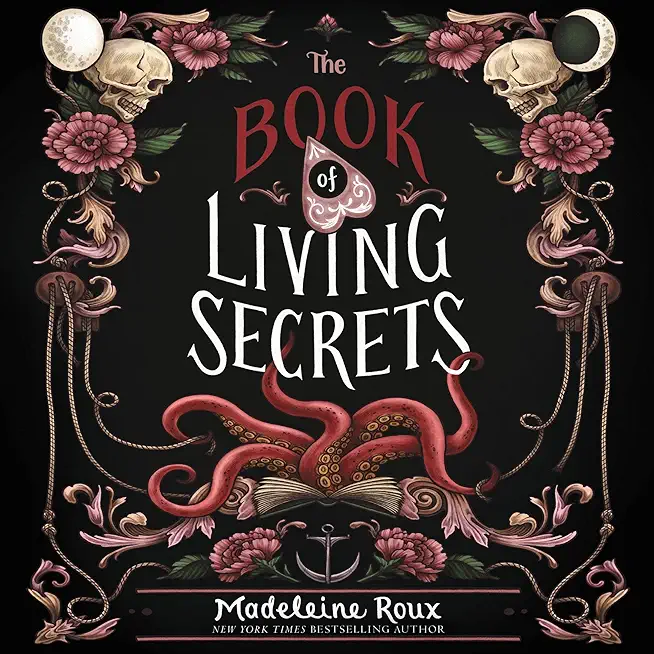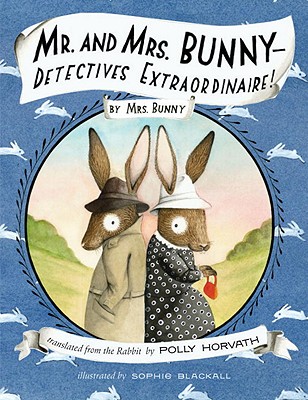
Campbell, Janice
The curriculum
The Excellence in Literature curriculum presents a feast of great ideas by immersing students in great literature. Classics that have stood the test of time-rollicking adventures, compelling plays, engaging poetry-encourage students to enjoy literature study, rather than just endure it. Students will study and write about the following books:
- Short Stories by Eudora Welty, O. Henry, and others,
- Around the World in Eighty Days by Jules Verne,
- A Connecticut Yankee in King Arthur's Court by Mark Twain,
- Jane Eyre by Charlotte Brontë,
- Pygmalion by George Bernard Shaw,
- Treasure Island by Robert Louis Stevenson,
- Animal Farm by George Orwell,
- The Tempest by William Shakespeare,
- Gulliver's Travels by Jonathan Swift.
How it works
A four-week lesson plan guides the study of each unabridged classic, providing writing assignments and context resources - background information on the author, relevant historical events, related art and music resources, etc.. To help students stay engaged, a variety of sources, voices, and formats have been carefully chosen as context resources, with links provided to those that are online.
There are 9 4-week modules in each study guide for one school year of study. An optional Honors track adds additional reading and writing, including a research paper and an optional CLEP exam. The text is written directly to the student, and can be used independently or in a classroom. There is no separate teacher manual; all writing assignments, context resource links, and student/teacher helps are included in the Introduction to Literature study guide.
Student helps
- Week-by-week assignment schedule
- Instructions and a student-written model for each type of paper assigned
- A chapter on how to read and understand challenging literature
- Overview of how to write an essay, from conception to revision
- A curriculum website with supporting resources, including author biographies, art, music, related poetry, and writing helps.
- Built-in time for both a rough and a final draft of each month's essay
- Instructions for setting up a study area and English notebook - Suggestions for study habits, time management, and the computer
- A model essay that teaches and demonstrates MLA formatting
- Glossary of literary terms
Teacher helps
- Week-by-week pacing chart with overview of reading and writing for the entire school year
- Grading instructions and reproducible rubric
- Suggestions for using in a co-op or classroom
- A year-end Student Evaluation Summary to keep with student records
Each student and teacher will need a copy of the study guide, plus a copy of each classic that is studied (short stories are linked online). There are specific book editions recommended, but students who already own a different edition may use that. It is also helpful to have access to a dictionary, thesaurus, and the Handbook for Writers (from Excellence in Literature).
This award-winning curriculum, now in its fourth edition, is designed to be flexible and easy to use for homeschool families, co-op teachers, and classroom instructors. Reading and hearing wonderful books, poetry, and plays, all at a reasonable pace, can cultivate a love of great literature, just as steady, careful practice in a variety of writing forms helps to cultivate clarity and confidence in communication skills. Enjoy!
member goods
listens & views

LATINO 2012 GREATEST HITS 2 ...
by LATINO 2012 GREATEST HITS 2 / VAR
COMPACT DISCout of stock
$13.99






